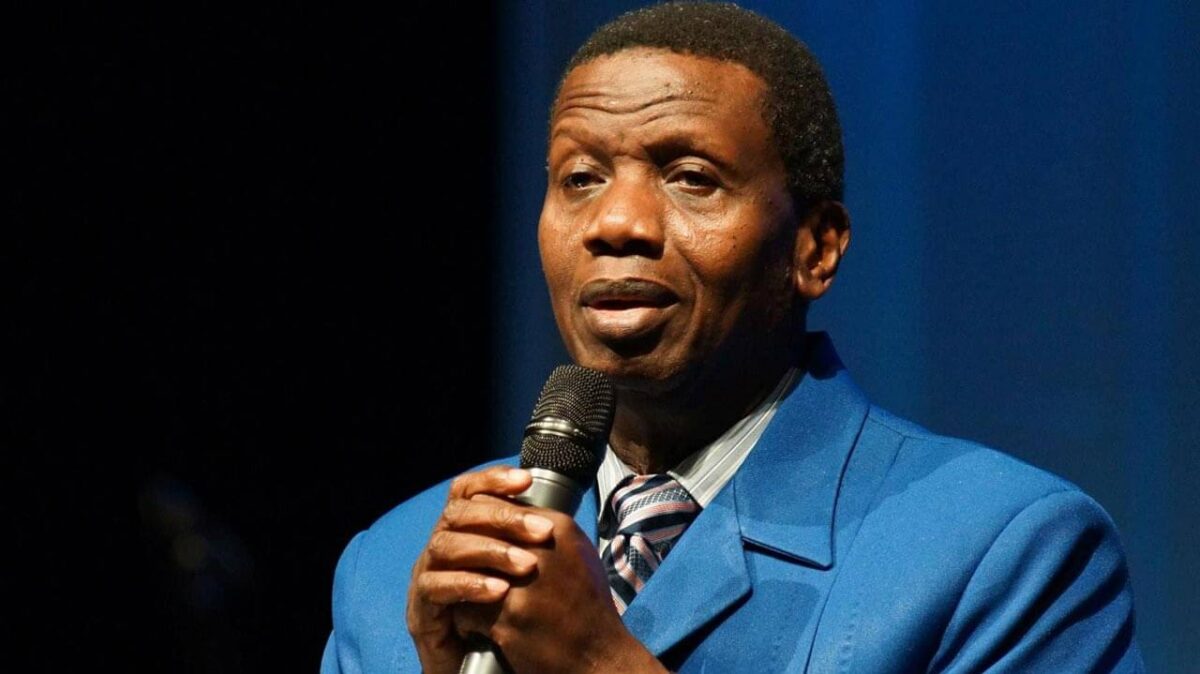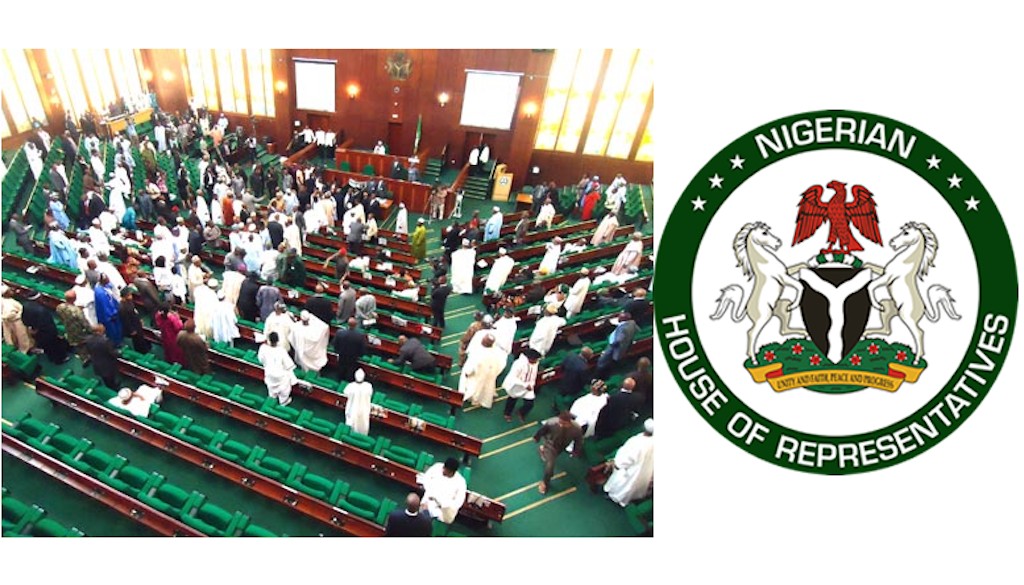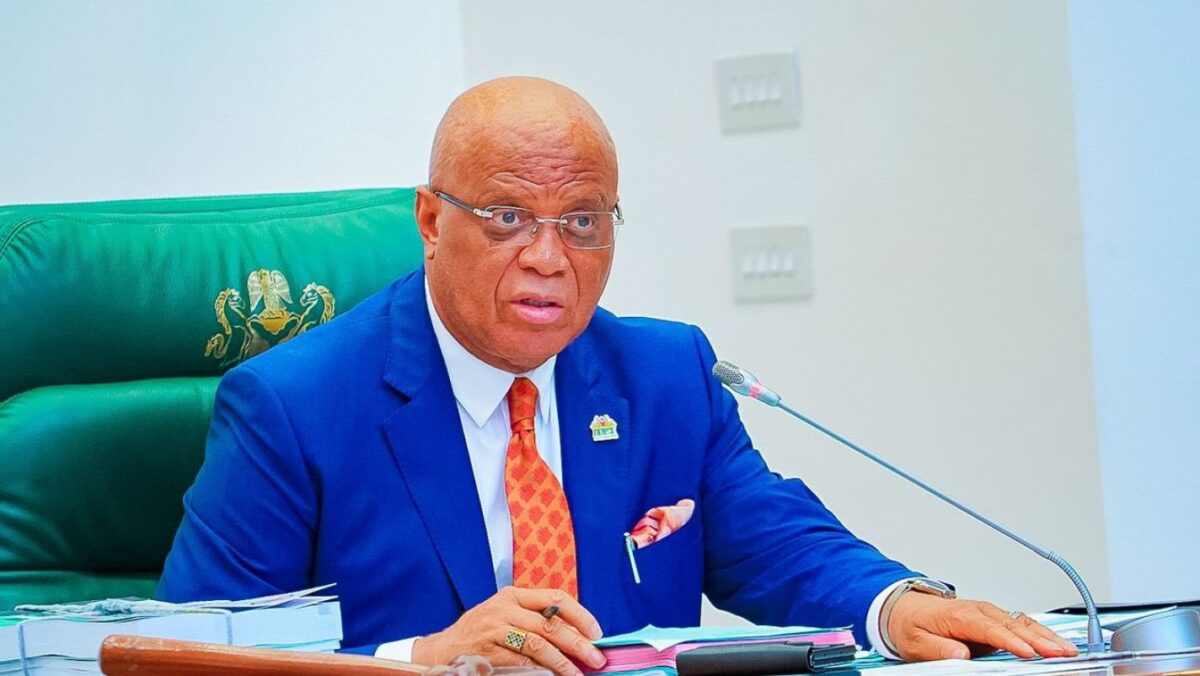President BOLA TINUBU has approved the appointment of Dr. NKIRUKA MADUEKWE as the Director-General/Chief Executive Officer of the National Council on Climate Change (NCCC) on interim capacity, pending the confirmation of her appointment by the NCCC Supervisory Council.
According to a statement by Special Adviser to the President on Media and Publicity, AJURI NGELALE, the appointment is in line with TINUBU’s commitment to actualize Nigeria’s green industrial vision, boost investor confidence, and unlock sustainable economic value through various climate finance instruments.
The President also approved that Dr. MADUEKWE is to serve as the Co-Chairperson of the Intergovernmental Committee on National Carbon Market Activation Plan (NCMAP).
Also, TINUBU appointed Mr. IBRAHIM SHELLENG as the Senior Special Assistant to the President on Climate Finance & Stakeholder Engagement, while Mr. OLAMIDE FAGBUJI is to serve as the Senior Special Assistant to the President on Climate Technology and Operations.











